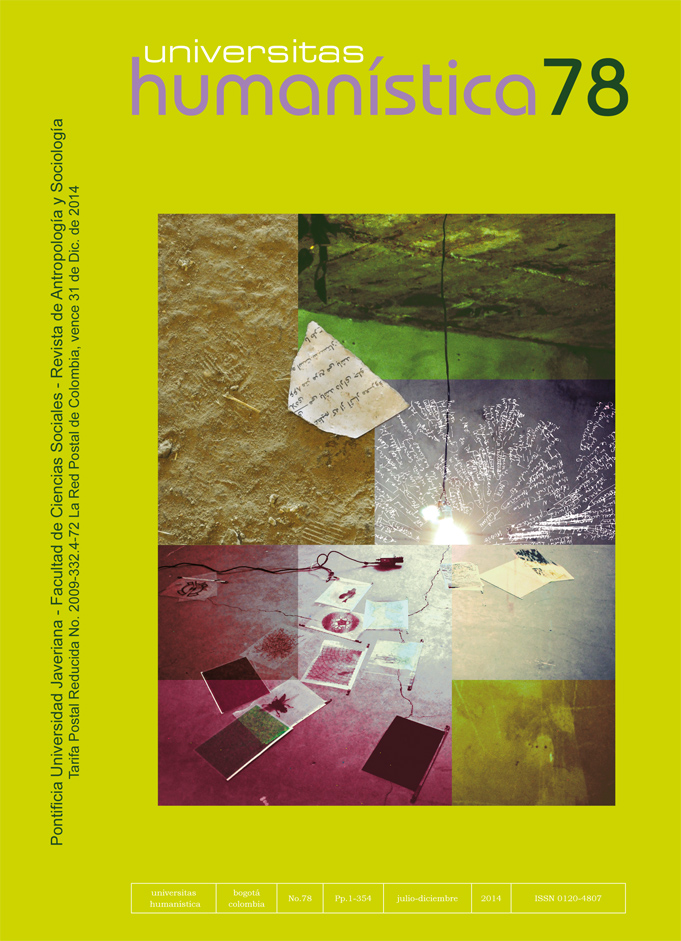Abstract
This article seeks to contribute to the understanding of the gendered and racialized nature of colonialism from a critical approach of the notion of colonial matrix of power. Bringing back Federici’s and Lugones’ feminist contributions, we will deepen the place that gender, sexuality and race have in shaping the system of domination. In the case of Federici, we will try to recover the role assigned to the witch hunts in the process of primitive accumulation of capital, expanding and deepening this key notion of the Marxist theory. In the case of Lugones, we appeal to her critique of Quijano to stretch the compression limits around the place of gender and sexuality in shaping the colonial matrix of power. Picking up again the decolonial upset as a critical approach to Eurocentric Marxism, we seek to contribute, from feminism, to the androcentric detachment of the decolonial perspective.
This journal provides immediate open access to its content on the principle that making research freely available to the public, encourages greater global exchange of knowledge.
The journal Universitas Humanística is registered under a Creative Commons Attribution 4.0 International Public License. Thus, this work may be reproduced, distributed, and publicly shared in digital format, as long as the names of the authors and Pontificia Universidad Javeriana are acknowledged. Others are allowed to quote, adapt, transform, auto-archive, republish, and create based on this material, for any purpose (even commercial ones), provided the authorship is duly acknowledged, a link to the original work is provided, and it is specified if changes have been made. Pontificia Universidad Javeriana does not hold the rights of published works and the authors are solely responsible for the contents of their works; they keep the moral, intellectual, privacy, and publicity rights.
Approving the intervention of the work (review, copy-editing, translation, layout) and the following outreach, are granted through an use license and not through an assignment of rights. This means the journal and Pontificia Universidad Javeriana cannot be held responsible for any ethical malpractice by the authors. As a consequence of the protection granted by the use license, the journal is not required to publish recantations or modify information already published, unless the errata stems from the editorial management process. Publishing contents in this journal does not generate royalties for contributors.


